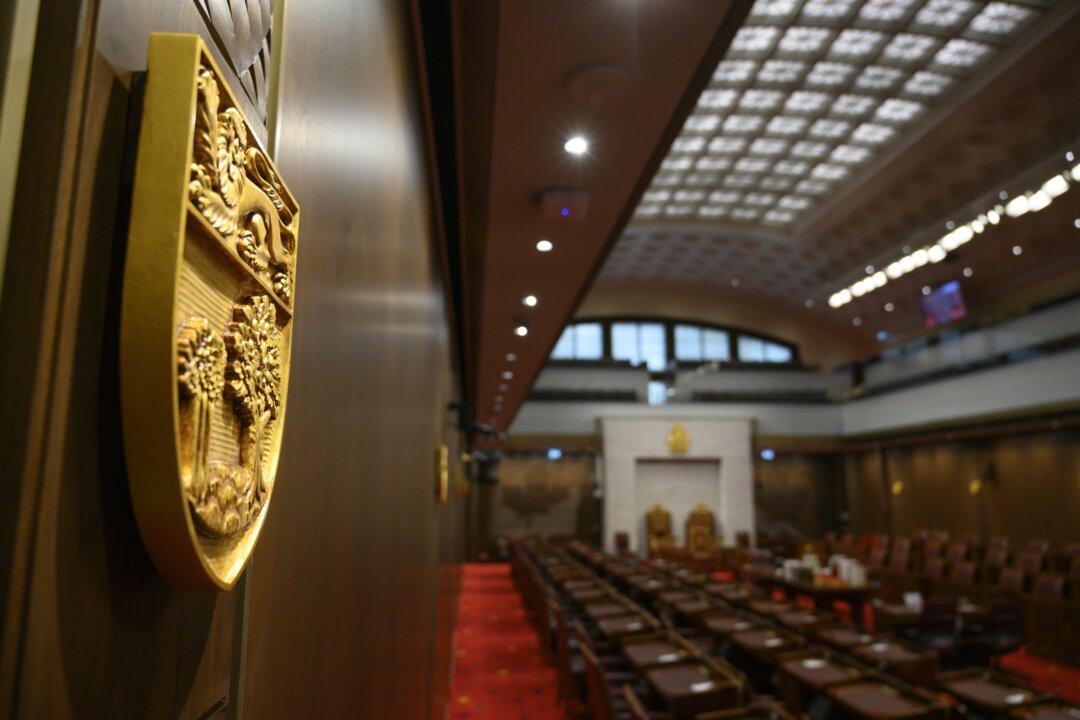More than two-thirds of Canada’s current senators have been appointed by the Liberal government under Prime Minister Pierre Trudeau. They are technically independent, but how ideologically neutral the Senate may be is a matter of debate.
If a Conservative government is elected next year, it may be impeded in various ways by an antagonistic Senate, says Ray Pennings, co-founder and executive vice president of the think tank Cardus.





